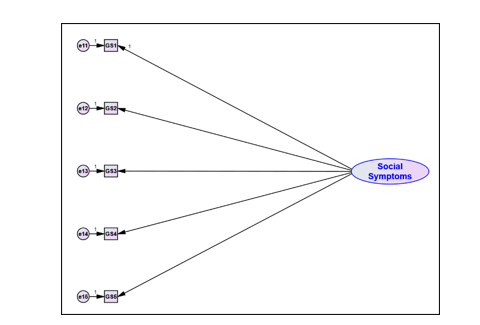
Abstract: Low-cost
housing and social housing in Malaysia were created as a proactive government
measure to provide affordable housing for low-income groups. In Terengganu, the
Terengganu Family Development Foundation (TFDF) plays an important role by
providing Family Village Flat units as a housing alternative for the urban poor
and families in need. However, the problem of rent arrears has been identified
as an ongoing issue that not only affects the financial flow of TFDF, but also
threatens the sustainability of social housing management. Previous studies
have shown that the problem of rent arrears among low-cost housing residents is
usually caused by unstable household income, increasing cost of living,
weaknesses in family financial management, and the absence of a flexible
payment system (Mohd Noor, 2020; Abdullah & Daud, 2022). However, the
phenomenon of rent arrears cannot be seen only from a financial perspective,
but also involves aspects of neglect of residents in various dimensions,
social, economic, physical and moral. This study was conducted to develop and
validate an instrument based on the Exploratory Factor Analysis (EFA) process
to measure rent arrears among TFDF residents. This study uses a quantitative
research method based on Structural Equation Modeling (SEM) to analyze the
various relationships between variables in the study model. Before the data was
analyzed using Structural Equation Modeling (SEM), Exploratory Factor Analysis
(EFA) was conducted to identify the suitability of the items used in the study
instrument. This study explains in detail the procedure for conducting
Exploratory Factor Analysis (EFA) for each construct. The findings of this
study show that the validity values based on Kaiser-Meyer-Olkin (KMO), Total
Variance Explained (TVE), Factor Loading and reliability values based on
Cronbach's Alpha, have met all the required values.
Keywords: Validity, Reliability, Terengganu
Family Development Foundation (TFDF)
